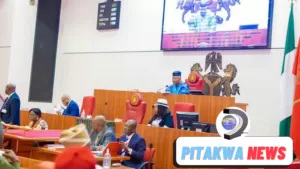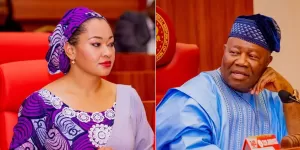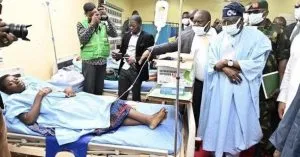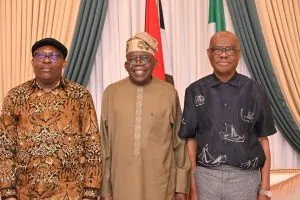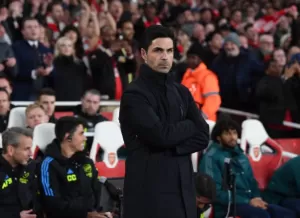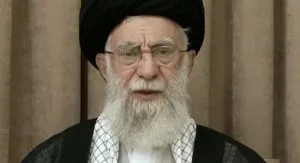Rivers State Political Crisis: Fubara Meets President Tinubu, FCT Wike, and Amaewhule in Breakthrough Talks
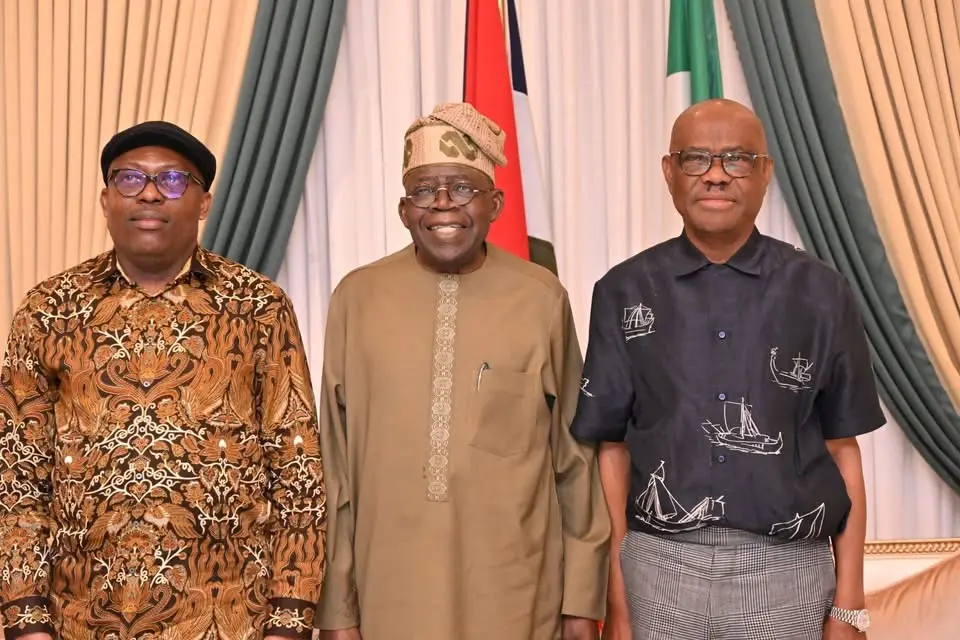
In a significant development that could signal the beginning of the end to the protracted political crisis in Rivers State, Nigeria, suspended Governor Siminalayi Fubara met with the suspended Speaker of the Rivers State House of Assembly, Martins Amaewhule, and other aggrieved lawmakers on Thursday, June 26, 2025. The closed-door meeting, held in Abuja, the nation’s capital, is being hailed as a potential breakthrough in resolving the lingering tensions that have destabilized the state’s political landscape for months.
The meeting, facilitated by President Bola Ahmed Tinubu, also saw the presence of key political figures, including the Minister of the Federal Capital Territory (FCT), Nyesom Wike, who has been a central figure in the crisis due to his influence over the 26 pro-Wike lawmakers in the state assembly. Sources close to the meeting described the atmosphere as surprisingly cordial, with Fubara and Amaewhule reportedly exchanging pleasantries, sharing jokes, and sealing the encounter with a handshake—a stark contrast to the acrimony that has defined their interactions in recent times.
The political crisis in Rivers State has its roots in the power struggle between Fubara and his predecessor, Wike, who is believed to wield significant influence over the state’s political machinery. The situation escalated when 26 lawmakers loyal to Wike moved to impeach Fubara and his deputy, Ngozi Odu, citing allegations of gross misconduct. In response, pro-Fubara lawmakers declared the seats of the 26 pro-Wike legislators vacant, further deepening the divide and leading to a factionalized state assembly. The crisis has paralyzed governance in the state, with legal battles, defections, and public exchanges dominating the narrative.
Thursday’s meeting marks the first known reconciliation effort between the warring factions since the crisis intensified. While specific details of the discussions have not been made public, sources indicate that the talks focused on finding a lasting solution to the impasse, restoring stability to the state, and ensuring that governance can proceed without further disruptions. The involvement of President Tinubu underscores the national significance of the crisis, as Rivers State remains a critical political and economic hub due to its oil wealth and strategic importance.
The positive tone of the meeting has sparked cautious optimism among observers and residents of Rivers State, who have borne the brunt of the political instability. Videos circulating on social media platforms, including posts on X, captured moments of camaraderie between Fubara and Amaewhule, fueling speculation that a truce may be in sight. However, stakeholders have urged all parties to prioritize the interests of the state and its citizens over personal or factional agendas.
The Rivers State political crisis has not only strained relationships within the state but also raised concerns about its implications for the ruling All Progressives Congress (APC) and the opposition Peoples Democratic Party (PDP), both of which have stakes in the state’s politics. The outcome of the Abuja meeting could set the tone for future negotiations and potentially reshape the political dynamics in Rivers State.
As of now, no official statement has been released by the Fubara administration, Amaewhule’s camp, or the Presidency regarding the resolutions reached during the meeting. Political analysts suggest that the success of this reconciliation effort will depend on the willingness of all parties to make concessions and adhere to any agreements reached. For now, the people of Rivers State await further developments, hopeful that this meeting will pave the way for lasting peace and effective governance in the state.
This is a developing story, and updates will be provided as more information becomes available.
